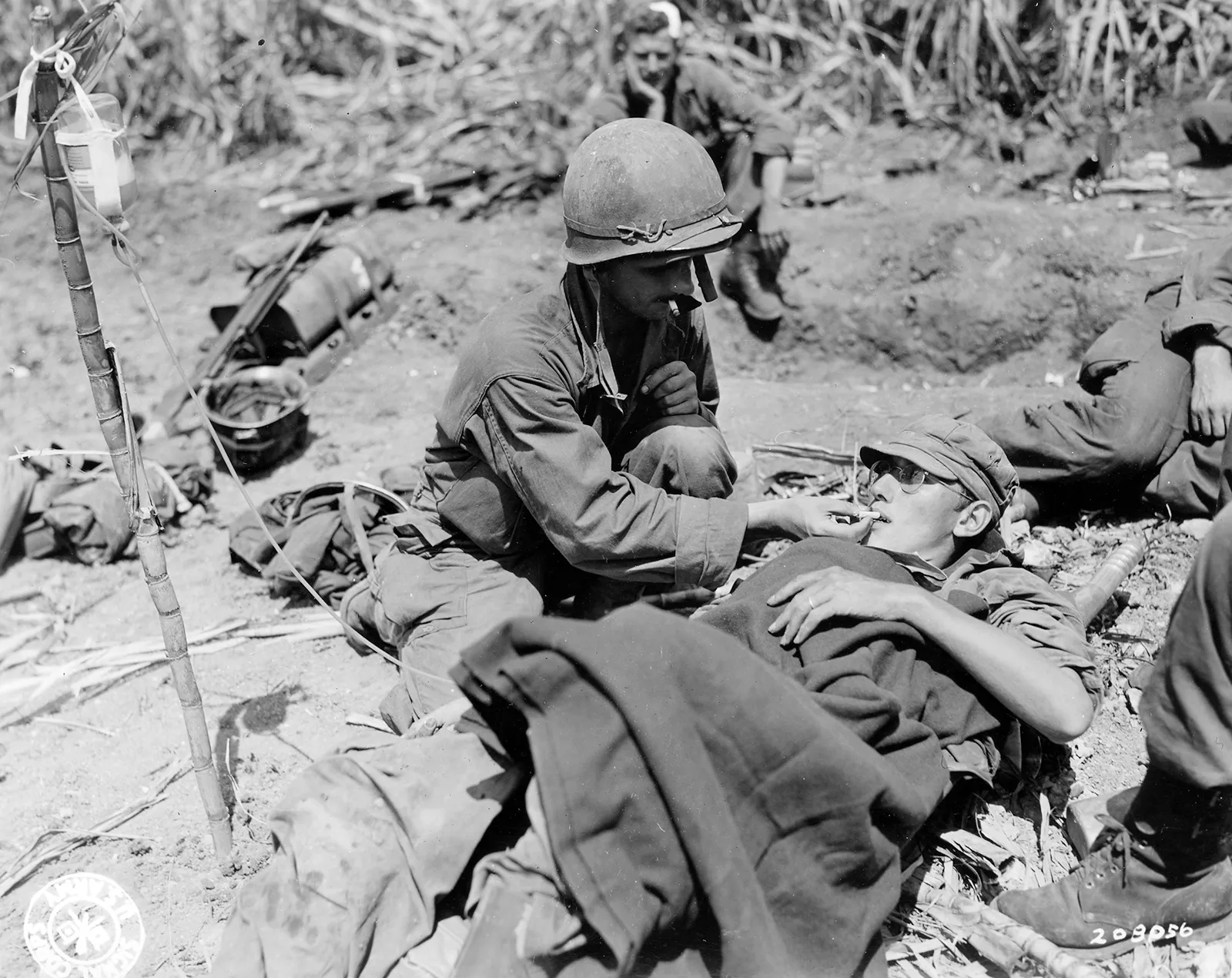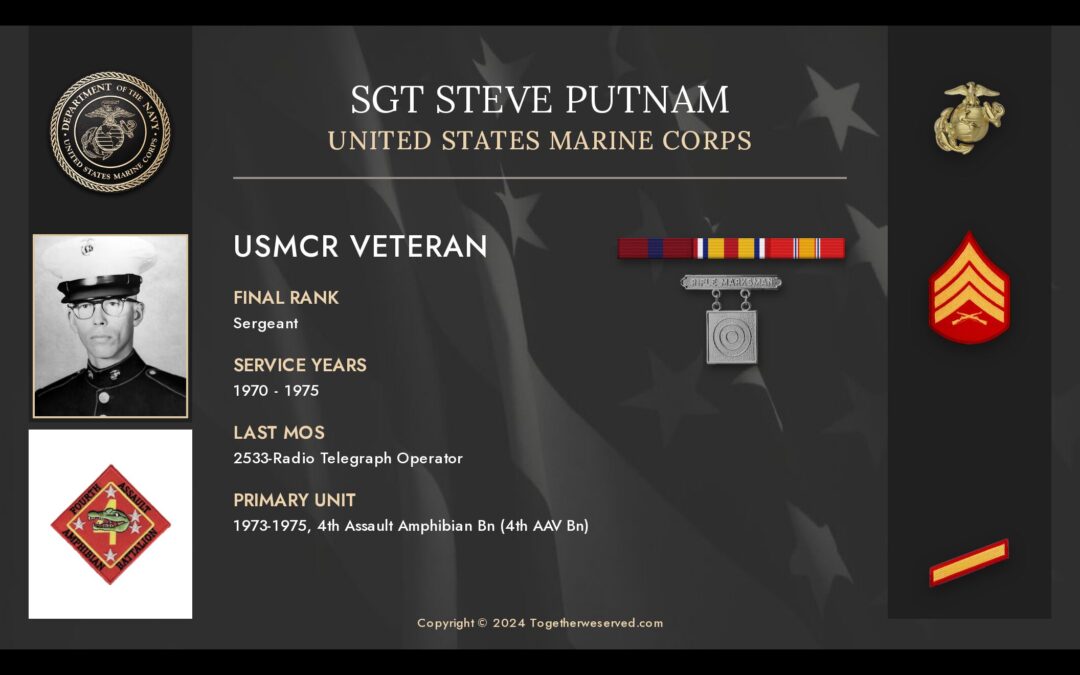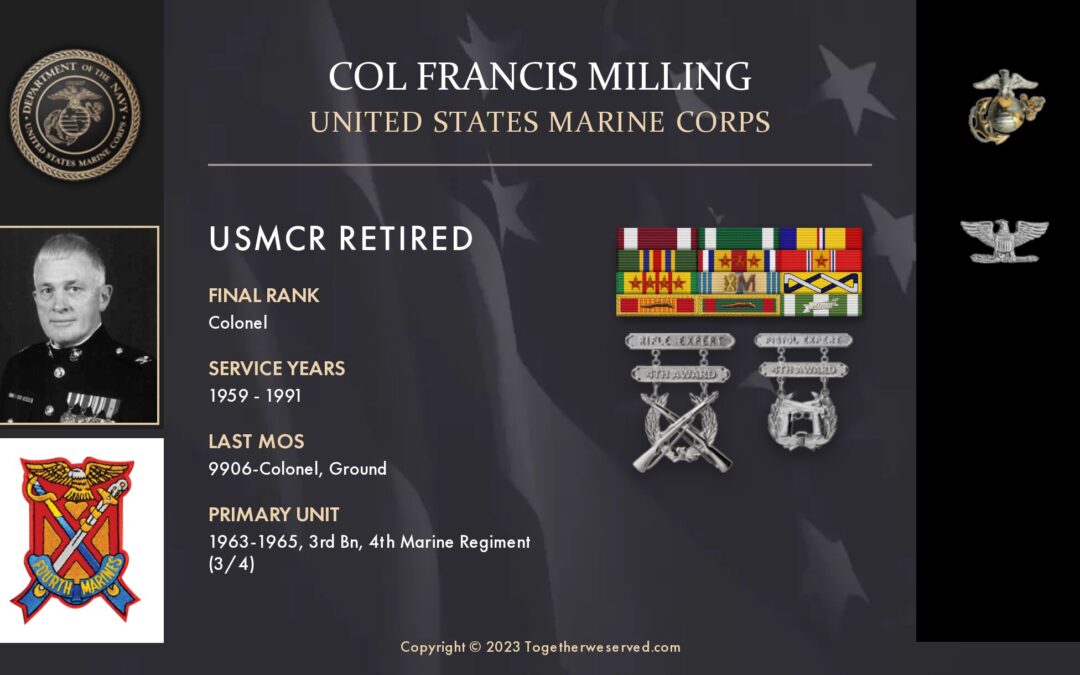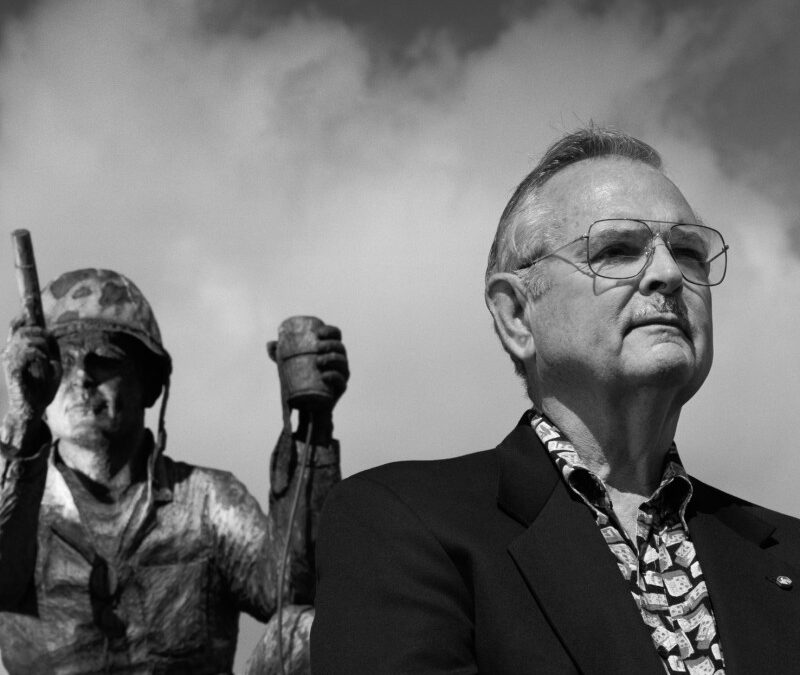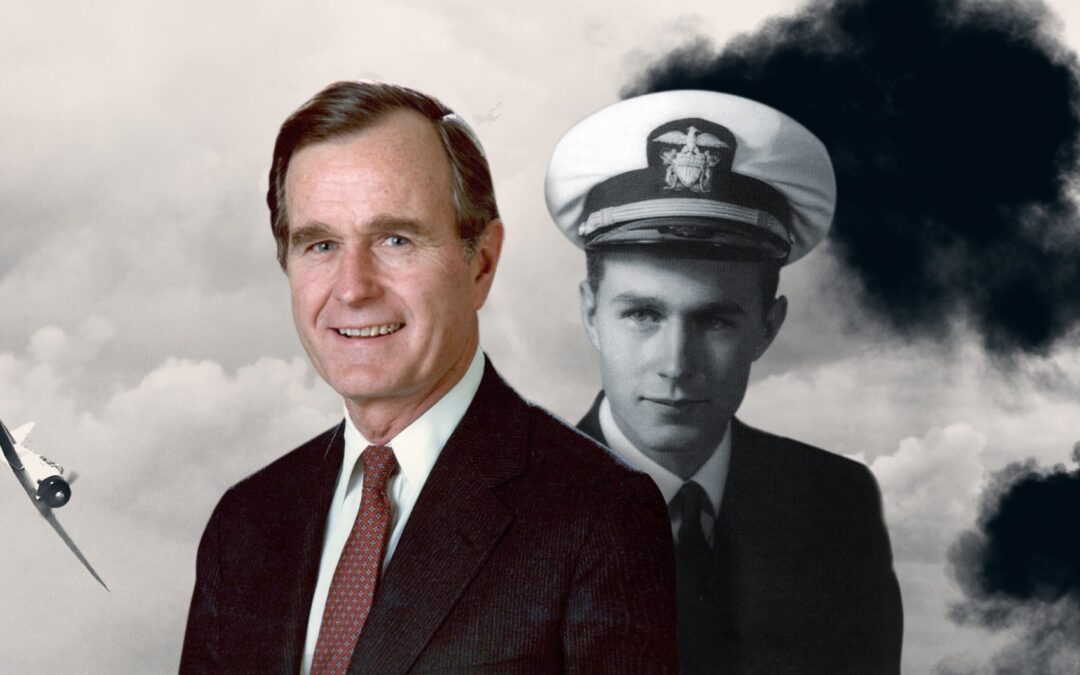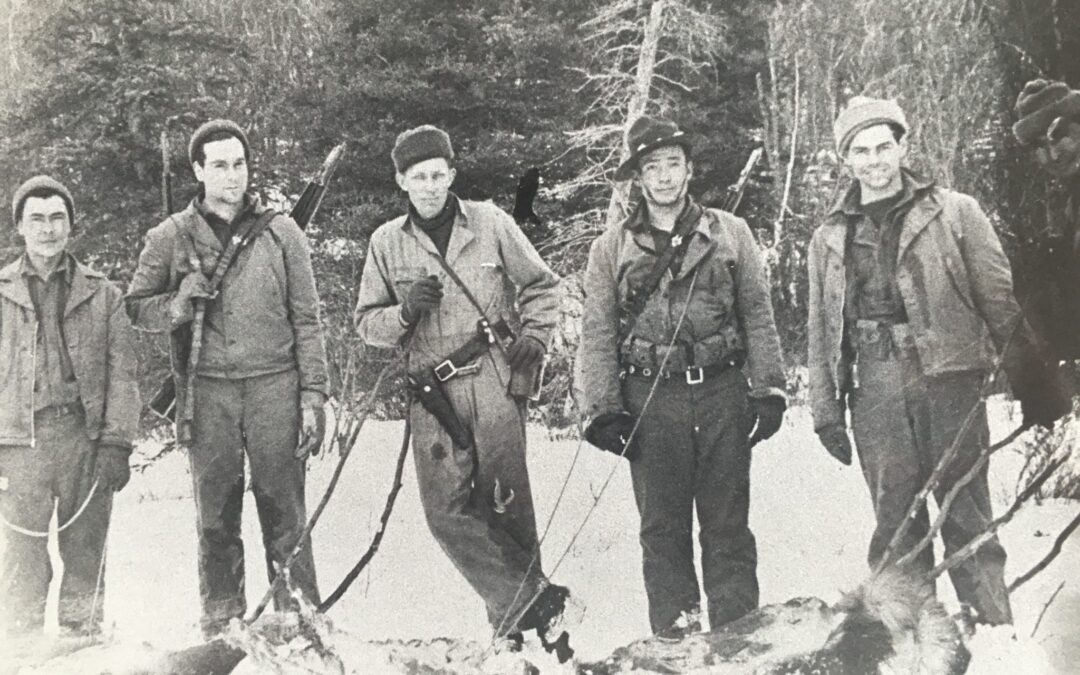After the Battle of Midway in the summer of 1942, the United States launched a counter-offensive strike known as “island-hopping,” establishing a line of overlapping island bases. As each Japanese-held island fell, U.S. forces quickly constructed airfields and small bases, then moved on to surrounding islands, one after another, until Japan came within range of American bombers.
